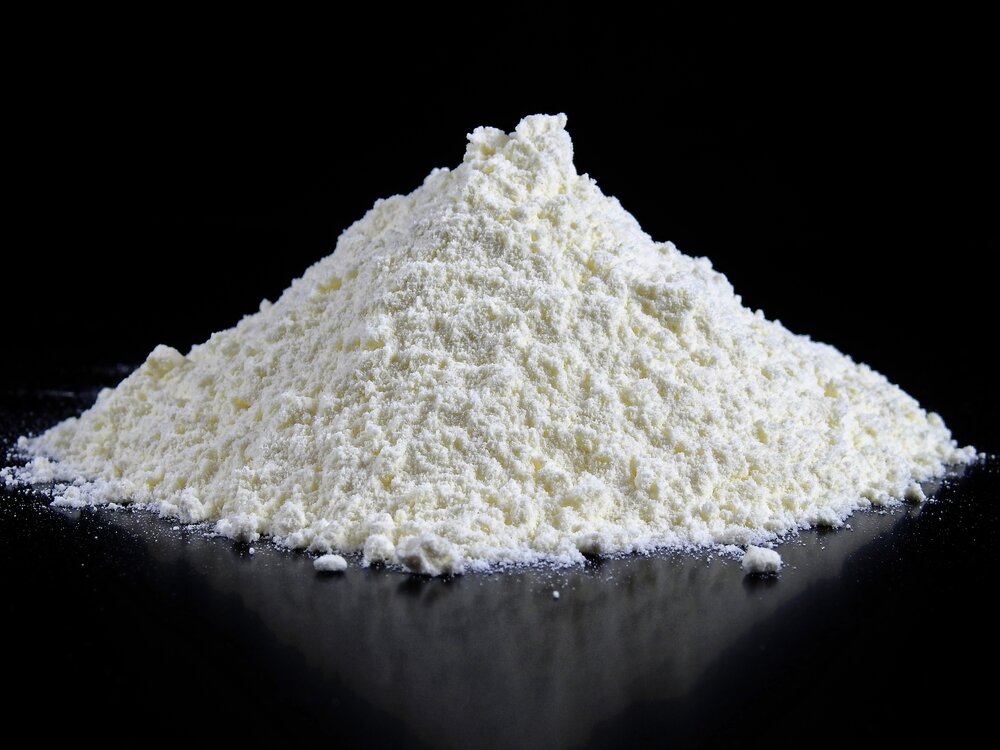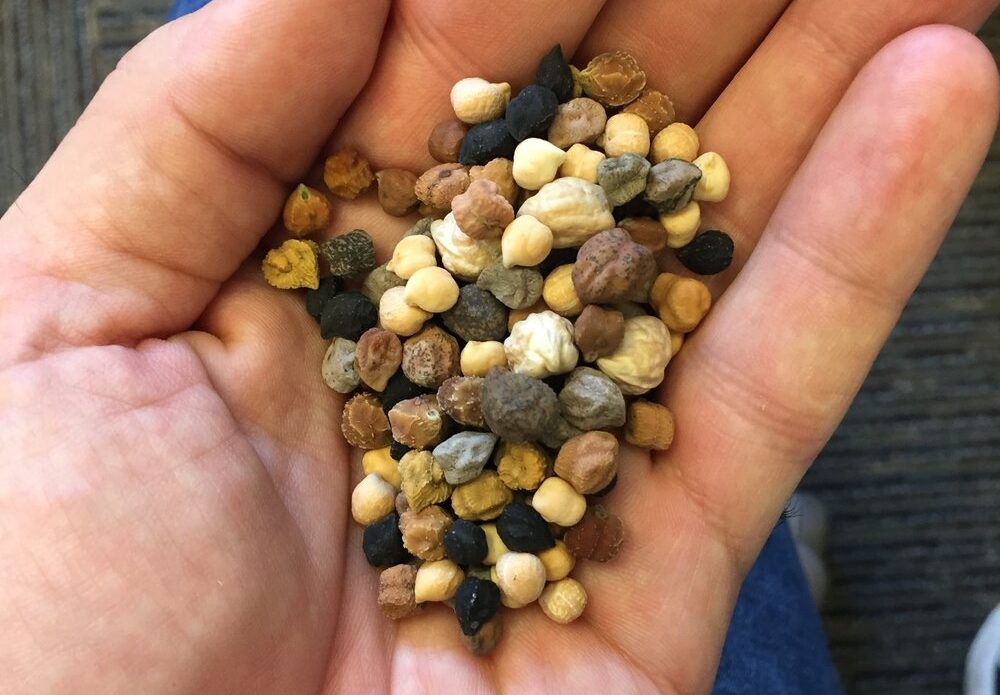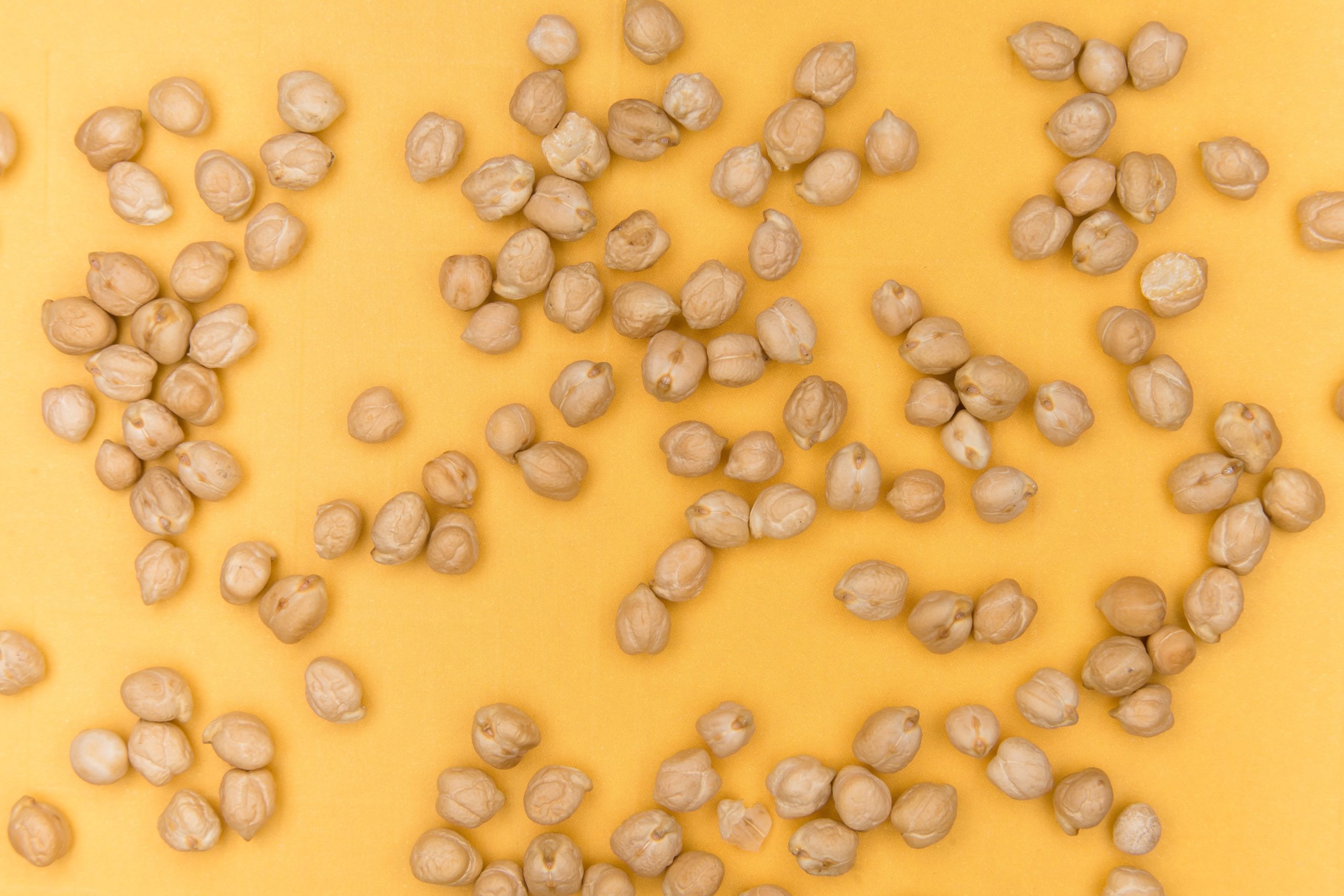3 Mins Read
San Francisco’s NuCicer has created a strain of chickpeas with 75 percent more protein than regular varieties. The new super legumes are non-GMO and have been created using wild genetic diversity. Traditional breeding cycles were reduced from 10 years to 24 months. The resulting chickpeas are cost-effective and highly nutritious.
NuCicer reports that it has created the new strain to out-perform soy, wheat, and pea as the plant protein of choice. It has already been cited as a less costly alternative, slashing the cost of conventional chickpea protein by almost 50 percent.

A labour of love
It has taken a decade to pull together the world’s largest database of wild crop characteristics while undertaking cross-breeding experiments. Now, NuCicer is in a position to begin discussing the potential commercial production of its superspecies. This could happen as soon as next year.
“We are in conversations with partners who recognize the opportunity of new ingredients from our high-protein chickpeas,” Kathryn Cook, co-founder and CEO told Vegconomist.
As a crop, chickpeas are the third most commonly grown in the world. They are a sustainable addition, providing the soil with nutrients as they grow. With protein increased exponentially, they could soon be used to usher in a new era of alternative protein. One that is allergen-friendly and geared towards better food production.
“As we develop crops for the future we must look holistically at our food system – from farmer through to end food or beverage product – and bring requirements into crop breeding programs that drive improvements throughout the system,” Cook said.
Considered to be an ideal form of plant protein due to their neutral taste and high versatile properties, naturally augmented chickpeas offer optimism for the future. Cook and her team are now engaged in breeding environmental resilience into the strain, to help overcome drought or heat exposure.
Already a popular food item throughout the world, an Innova Trends survey revealed that chickpea flour dominated the pulse flour market, taking more than 50 percent of market share. The sector has grown 15.4 percent annually between 2016-2020, demonstrating a demand for legume alternatives in a variety of guises.

Chickpeas’ impending domination
NuCicer is not alone in recognising the potential of the seemingly innocuous legume. Last year it was revealed that Israel’s InnovoPro has developed a chickpea-based professional baking ingredient. Designed to make meringues and similar patisserie items, the CP-Foam 1001 replaces traditional egg whites without relying on aquafaba.
At the more unexpected end of the spectrum, Shanghai startup Wellme is producing vegan chickpea yoghurt. Meanwhile, in Italy, Coppola Foods has released its Fabalous range, which includes a chickpea alternative to Nutella.
Bringing chickpea innovations back to a protein level, ChickP, an Isaeli foodtech, manufactures the world’s first 90 percent chickpea protein isolate. Commercial production began last year ahead of a planned expansion into the U.S. and Asian markets. The latter was confirmed last summer. The protein is suitable for use across various applications. It can be added to dairy products and baked goods and is showing a lot of promise in the plant-based meat sector as well.




